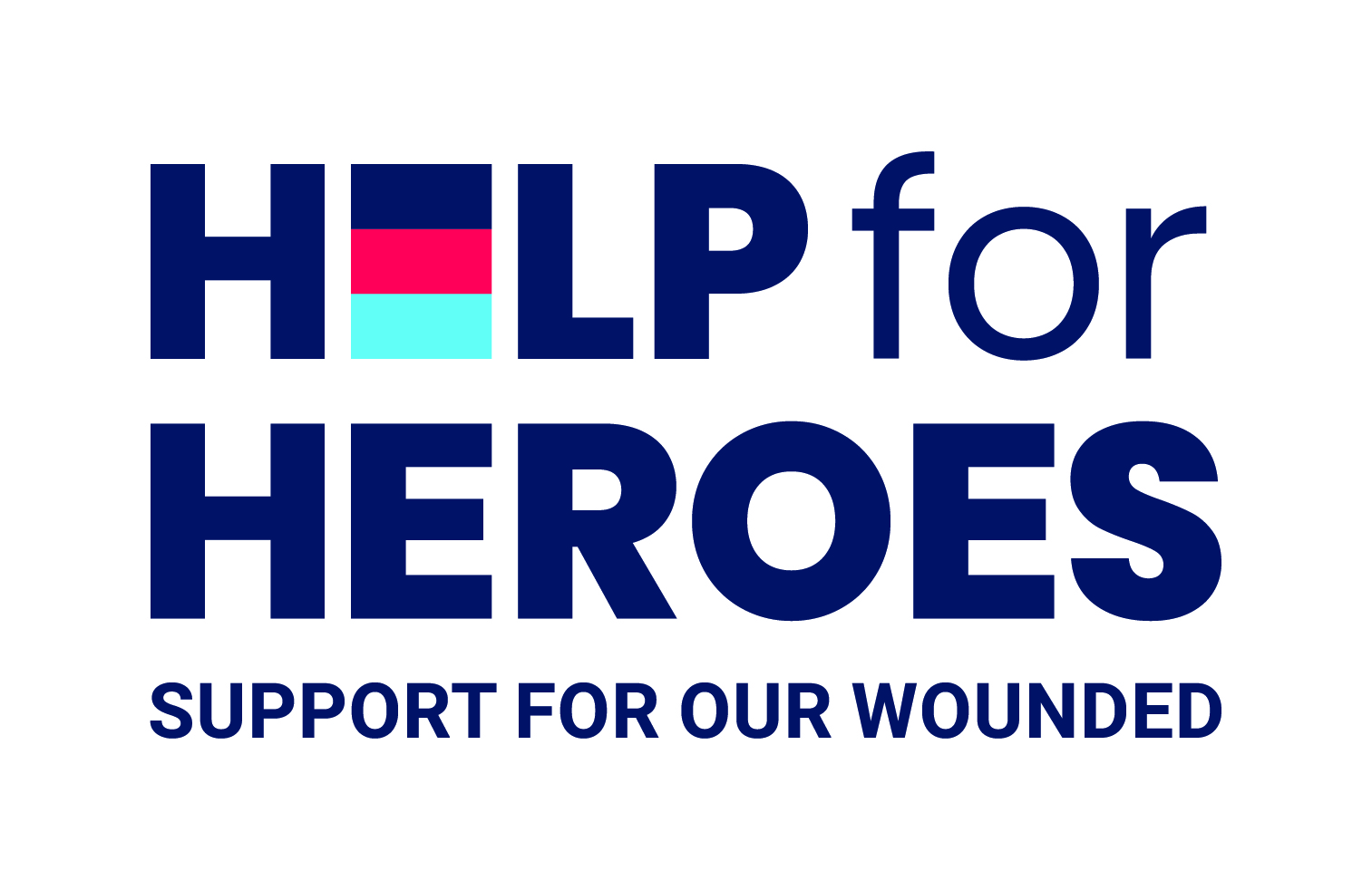PADI® Members around the world are helping veterans heal, both physically and mentally, through the techniques learned in the PADI Adaptive Support Diver and Adaptive Techniques Specialty courses. This week the PADI organisation honours active-duty military personnel and veterans across the globe, along with the many PADI Members who offer dive programmes to support them. In addition to the confidence building and life changing aspects training as a PADI diver offers, diving can also heal.
“We are committed to increasing access to the underwater world for everyone and believe that the transformational power of learning to dive can benefit the emotional and physical well-being of all humanity,” says Kristin Valette Wirth, Chief Brand and Membership Officer of PADI Worldwide.
“Promoting health and wellness through diving is a key focus area of PADI’s People and Humanity Pillar of Change, with the primary objective to remove barriers and increase access to diving for all.”
According to the World Health Organisation, there are around one billion people on the planet who are living with some sort of disability—mental or physical. PADI’s courses have always allowed and encouraged adaptive techniques, but with the launch of PADI’s Adaptive Techniques Specialty Course in 2018, the inherent flexibility of PADI courses for people with disabilities was better highlighted. This has helped instructors learn how a simple technique change can allow more divers to meet performance requirements and earn a PADI certification. Instructors learn how to implement techniques to leverage the strengths of their students and help each one overcome their unique challenges, thereby providing greater access to diving for all.
Two retired veterans and PADI Instructors Dave Handley and Mark Culwick have teamed up to help the heroes of the United Kingdom learn how to dive and find healing and solace in the water.
Scuba Quest, in Gloucestershire uses the PADI Adaptive Diving Course and PADI Adaptive Diving Techniques to support veterans learn how to dive.
Mark Culwick, a British Army veteran, PADI IDC Staff Instructor at Scuba Quest manages the training programme with Help for Heroes.
Dave Handley is a 22-year veteran of the Royal Navy and a PADI Open Water Scuba Instructor who works for Help for Heroes programme to train veterans how to dive.
Dave and Mark’s paths crossed when Dave used to own a diving operation in Plymouth and Mark used to use his boat over the years to run courses.
PADI’s adaptive program was first introduced in 2018 to provide greater access to diving for all and further spread the wellness and healing aspects of the sport.
Benefits of the Help for Heroes Dive Programme:
According to Mark Culwick:
“For veterans with PTSD they, more often than not, they state that the peace, quiet and serenity is what they primarily get out of it as well as the adventure as most servicepeople are adventurous by nature.
“For physically injured service members, it is the escape from the shackles of everyday living. Under the water they are the equal of able-bodied people, they have freedom and the speed that they adapt is amazing.”
Memorable Moments:
One old soldier in his 60’s had been a virtual recluse for over 30 years and came on the course.
“I have never put so much work into a diver in my career and when he passed the PADI Open Water Diver course, his tears meant the world to him and me, he enjoyed his comrade’s company as well which was equally as important.
“Doing try dives with Blesma was also amazing, the speed they adapted underwater was overwhelming and they had a lot of fun and said they felt free for the first time in a long time.
“I also took an RAF serviceman into the sea recently. I trained him from Open Water to Rescue Diver and his smile at the end of his first sea dive is why we do this programme. He will be starting Divemaster training soon, I am really proud of him.”



















